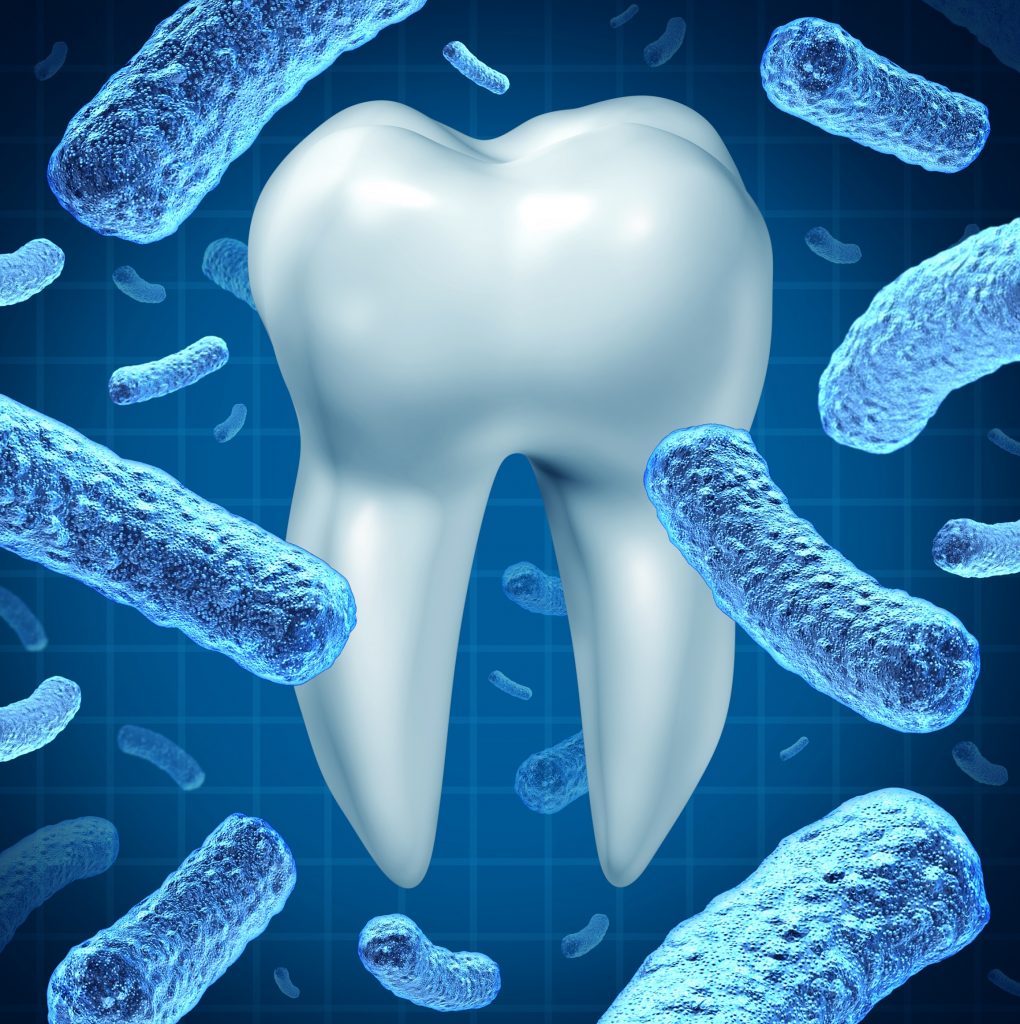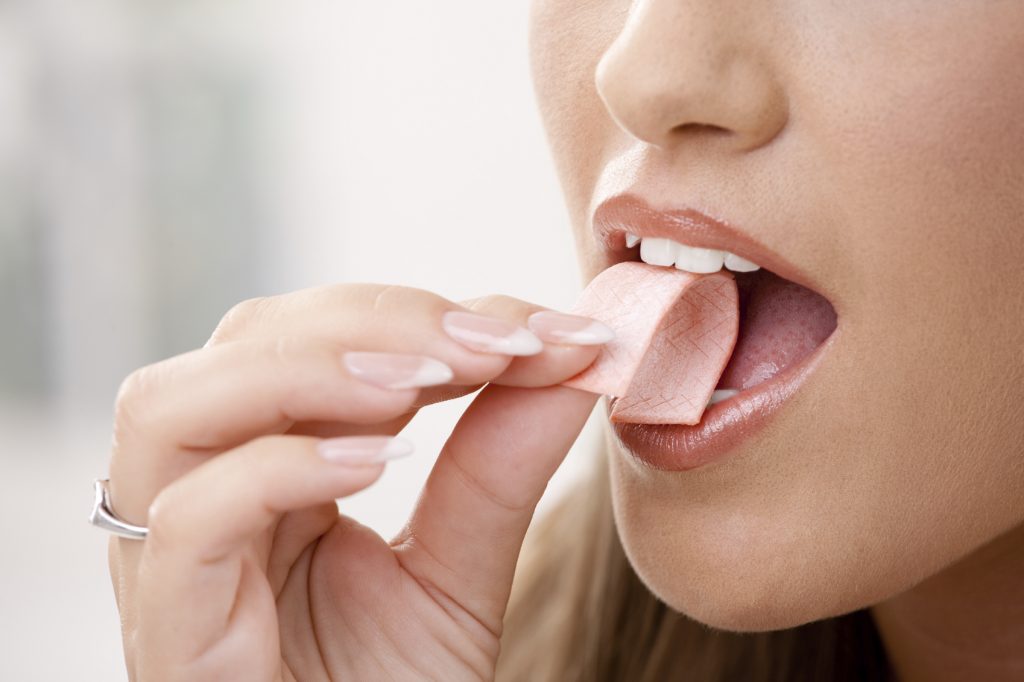
If there were a quick and painless way to identify pre-cancerous cells in the mouth of someone you loved, would you want them to try it? What if that person were you? The truth is, as uncomfortable as it may be to even think of the word “cancer,” thinking about it, and thus detecting it early, is key. That’s why, if you haven’t been to the dentist in a while, you should schedule a visit, because while the oral exam that accompanies your cleaning may not be noticeable to you, it’s often your earliest line of defense in the detection of oral cancer.
Let’s take a quick look at a few of the risk factors and symptoms and consider a few options you may have to help reduce risk. Keep in mind that no list is exhaustive, and to always share with each of your health care providers your concerns and strategies regarding your oral health.
Those at Risk for Oral Cancer
Passing certain age thresholds and engaging in certain lifestyle habits can place you at increased risk for oral cancer. For example, men tend to have higher rates of oral cancers than women.
Here is the short list:
- Patients aged 40 and older (95% of all oral cancer cases)
- Patients aged 18-39 who use tobacco, are heavy drinkers, or may have a previously diagnosed oral HPV infection.
Warning Signs
If you experience any of the below symptoms lasting more than 7-10 days, please seek the advice of your doctor. Also, keep in mind that aside from an obviously sore throat, the below symptoms can present themselves in the absence of pain. Look out for changes that can be detected on the lips, inside the cheeks, palate, and gum tissue surrounding your teeth and tongue. At Dental Implant & Care Center, we occasionally run across such concerns a few times a year and are able to help patients get treatment early.
- Reddish or whitish patches in the mouth
- A sore that fails to heal and bleeds easily
- A lump or thickening on the skin lining the inside of the mouth
- Chronic sore throat or hoarseness
- Difficulty chewing or swallowing
Reducing Risk
If you do not visit the dentist regularly, you could be missing out on the benefits of early cancer detection. Currently, just over half of all those diagnosed with oral cancer survive more than five years – a statistic driven by late diagnosis – so please visit your dentist and get an oral exam at least once a year. If you are considered “high risk,” (see list above) you should be receiving an oral exam at least every six months, if not more frequently.
Below is a short list of healthy habits you can start doing now, which may reduce your risk:
- Avoid all tobacco products
- Avoid or reduce your consumption of alcohol
- Consume more fruits and vegetables (good for everything, of course)
- Avoid excessive sun exposure that can result in cancer of the lip (using lip balm with an SPF of at least 30 can be helpful)
- Avoid exposure to environmental hazards (wood dust, formaldehyde, printing chemicals)
- Conduct a self-exam monthly so you can catch any of the symptoms listed above. Use a small hand-held mirror so you can see the back of your mouth and tongue Selma is a great person to ask for instructions on this sort of home exam. If you haven’t been in to see us in a while, give us a ring at (323) 312-0500 and we’ll show you how to perform this exam in between visits.
- Consider coffee. While the jury is still out, some research suggests coffee may help protect the mouth from oral cancer.
Oral cancer is serious business. Yet, it can be managed when caught early. So, do the right thing and visit your dentist regularly and get that screening.
If you would like to find out more about oral cancer, contact Dr. Ahmadi at 323-312-0500 to schedule a consultation or visit www.dentalimplantcare.com for additional information.
Dr. Mike Ahmadi proudly serves Bell and all surrounding areas.

